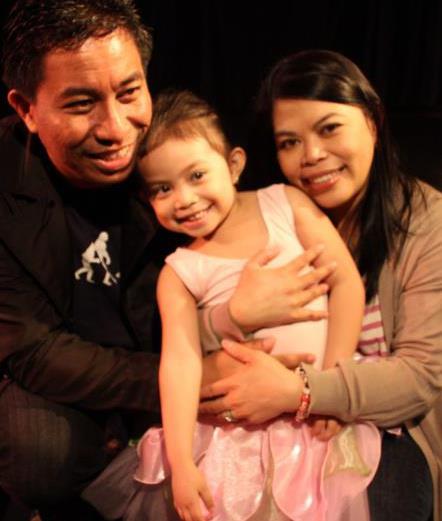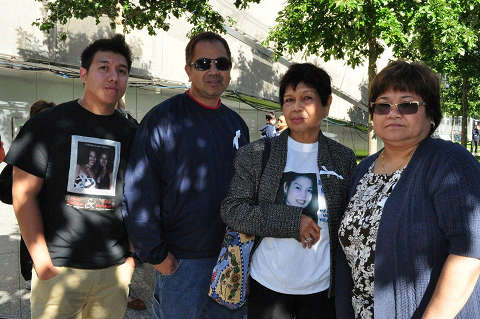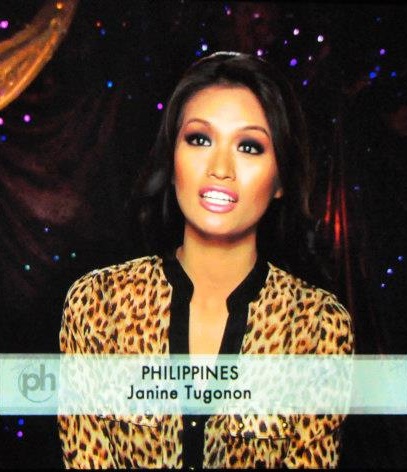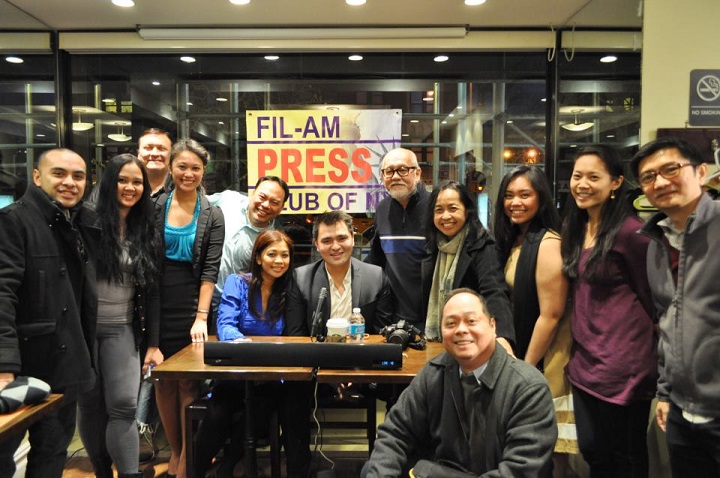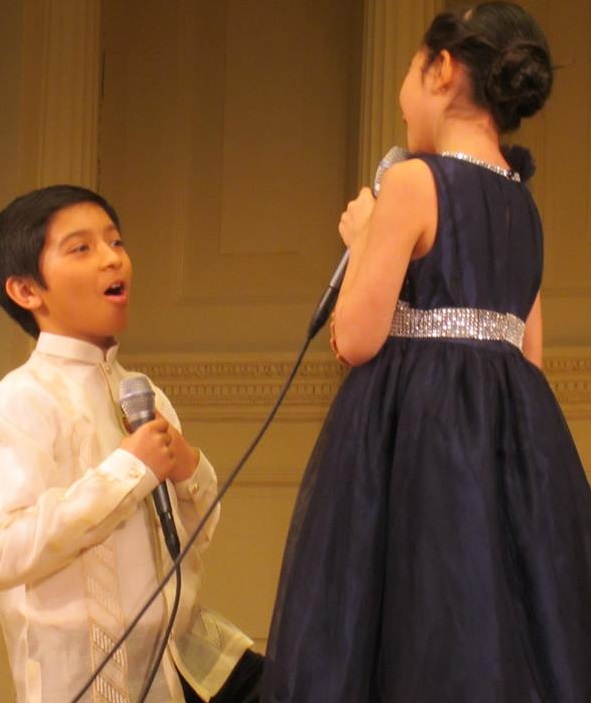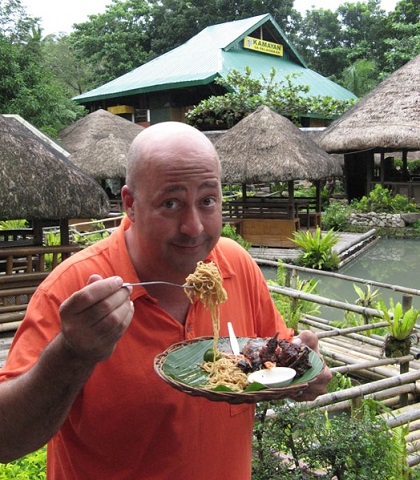FILAMSPEAK: Millennials reflect on race and what it means to be ‘more white than brown’
By Cristina DC Pastor
They’re called ‘white Filipinos’ teasingly, sometimes pejoratively, Filipino Americans born to parents where one is Filipino, the other Caucasian. They respond to labels, such as biracial, mixed-race, or ‘halfies.’ Labels don’t bother them. What does is when society uses race to adjust its attitude toward people, and stereotyping becomes its ugly consequence.
The FilAm reached out to four millennials who answered three basic questions: Do people correctly identify you as Filipino American? Has ‘whiteness’ given you an advantage? Are you regarded more favorably in the Filipino community because of the color of your skin?
Our respondents shared their thoughts about being Filipino without being too brown, being American but not being entirely white. Their opinions are incredibly insightful and fascinating. Some of them have experienced ‘entitlement’ but some dismiss the notion of privilege just because of the color of their skin.
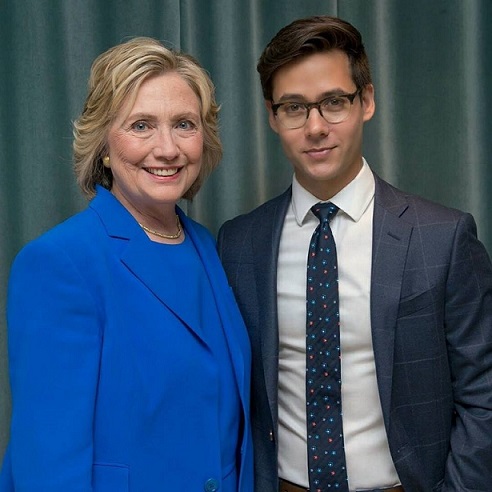
Philip McCarthy, Esq.
Associate Broker
Sotheby’s International Realty
Most people think I’m Caucasian, some can tell that I’m part Asian, but often don’t know which type, and some think that I am Latino. I am actually Filipino Irish American.
I’ve benefited from white-passing privilege my whole life. People see me as American and not a foreigner or an “other.” I have access to more dating partners than my full Asian counterparts. Sadly the gay community isn’t as welcoming or tolerant as some would think and seeing the words ‘No Asians’ on dating profiles is very common.
White people talk more honestly about their thoughts on race around me. I don’t worry about being a token friend, or a token POC at events. I can more easily insert myself into perceived public white spaces and not feel threatened, uncomfortable, or judged. I was shielded from racialized verbal or physical attacks; People assume I speak English. And the list goes on.
While I don’t personally feel that I am regarded more highly in the FilAm community, I do recognize that skin color affects how people — white, black, or Asian — perceive you.
 Desiree Wisotsky
Desiree Wisotsky
Freshman
Christ the King High School
Many people have told me they think I’m Spanish or Italian. I tell them I am all 10 ethnicities so I’m hard to understand. I am Filipino, Hawaiian, German, Italian, Polish, Russian, Greek, Cuban, Spanish, and Irish.
There’s something good and bad about being multiracial. Good, because you become interesting to other people and that becomes part of the conversation. Bad, because some people don’t believe I’m all 10 (races).
I like that people know me for who I am no matter what color of skin I may have. (In the summer I can get really dark). I’m a humble person, I’m positive and stay positive. People view me for my person rather than my race. Color of skin does not matter. Every color tone is beautiful.
It has happened to us once. Our family was treated better over another family of a different race. I think this was at Disney. This is when race becomes a bad thing. I think people need to understand that we are all equal, and that one needs to know the true person inside rather than the color outside.
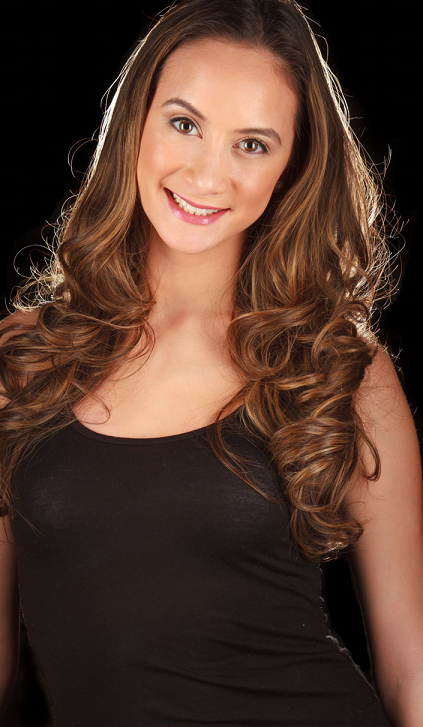 Nancy McGough
Nancy McGough
Director
The Little Gym
No, people don’t guess right away. They are surprised when they find out, but they can see that I am Filipino after I tell them. When they learn I’m Irish, they ask why is my hair so black. When they find out I’m Filipino, they say I’m too tall. (Nancy is 5’9”)
I have not experienced any form of racial discrimination or privilege in any way, or maybe nothing that I have noticed. I grew up in Bergenfield, N.J. where there are many Filipinos.
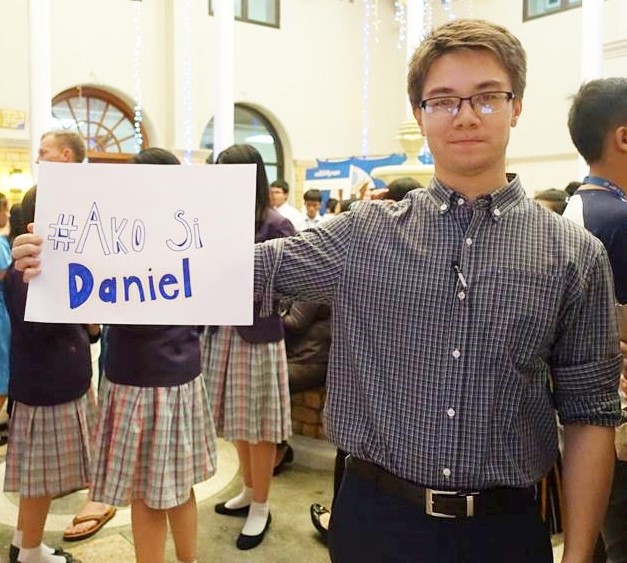 Daniel Griffith
Daniel Griffith
Second-Year Student, International Security
Georgetown University
Usually they don’t know my ethnicity. There’s a lot of stereotypes floating around, where people post things that Asian Americans are tired of hearing, like, ‘I knew you’re something, you look half to me.’ One of the new employees in my job randomly asked me, ‘Are you half something? What half are you?’ — which I thought was a question that is a sub-context of identity.
Some Filipinos can be very accepting of any Filipino no matter what that is. I remember Uncle Fred Cordova (founder of the Filipino American Historical Society) telling me that if you have 1 drop of Filipino blood in you, you are Filipino.
I don’t feel like I’m treated differently within the Filipino community, at least I haven’t seen evidence of that. If you go to a predominantly Filipino area, like Seafood City, I don’t see any discrimination for or against.
Here’s a thought I wanted to pose or reflect on: I’ve been very active in student organizations, regionally and nationally. If I were a full Filipino would I have the same opportunities? I want to raise that not as a point in fact but as something that could be explored.

